India Hospitals Overwhelmed By Virus As Japan Declares Emergency
Hospitals in India launched desperate appeals for oxygen on Friday as the nation's Covid crisis spiraled, while Japan issued a state of emergency in some areas just three months before the Olympics are due to open.
Covid-19 surges are placing a major strain on healthcare systems across the world, with no end in sight to a pandemic that has killed more than three million people.
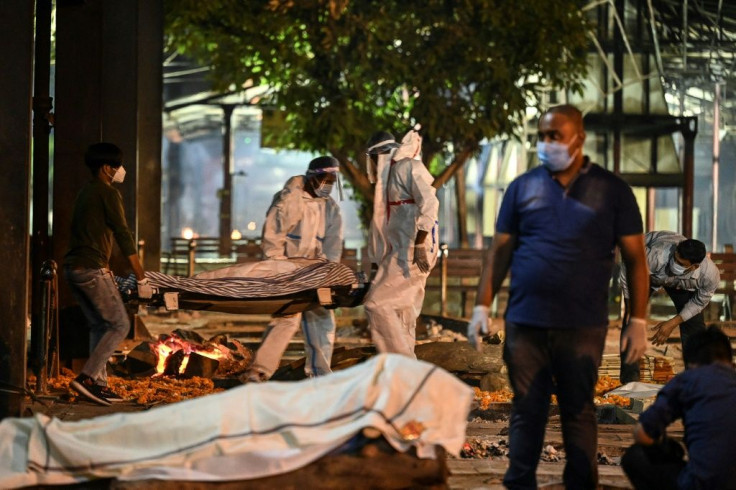
With governments rushing to accelerate vaccine campaigns, good news emerged Friday when US regulators approved the re-start of Johnson & Johnson vaccinations halted over blood clotting concerns and the EU said it would have enough jabs by the end of July to inoculate 70 percent of adults.
Brussels' announcement came as Europe's medicines regulator said the benefits of the controversy-plagued AstraZeneca vaccine increase with age -- and reiterated that the jab should be taken despite links to rare blood clots.
But in India, healthcare facilities sounded the alarm on oxygen supplies for patients on ventilator support.
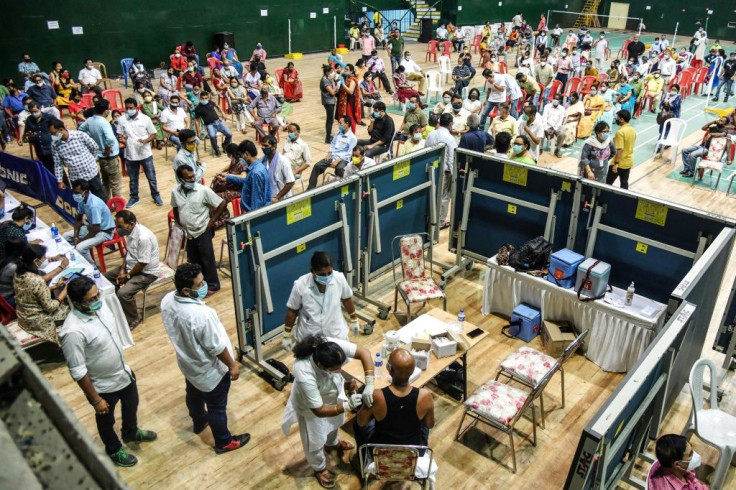
"SOS -- less than an hour's oxygen supplies at Max Smart Hospital & Max Hospital Saket," one of the biggest private hospital chains in Delhi said on Twitter.
"Over 700 patients admitted, need immediate assistance."
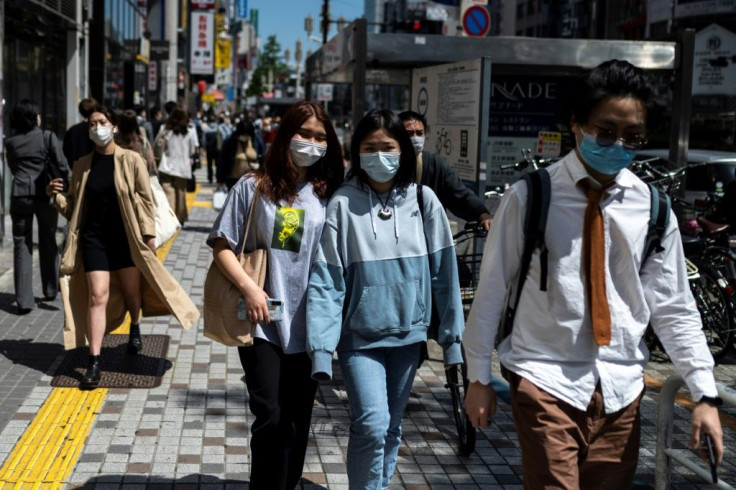
The country on Friday reported more than 330,000 new infections -- a world record -- and 2,000 deaths in a single day.
Compounding the misery, 13 Covid patients died in Mumbai when a fire broke out in their hospital -- the latest in a string of blazes at Indian healthcare facilities.
Many parts of the country have now tightened restrictions, with the capital in lockdown and all non-essential services banned in Maharashtra. The northern state of Uttar Pradesh, home to 240 million people, goes into a shutdown this weekend.
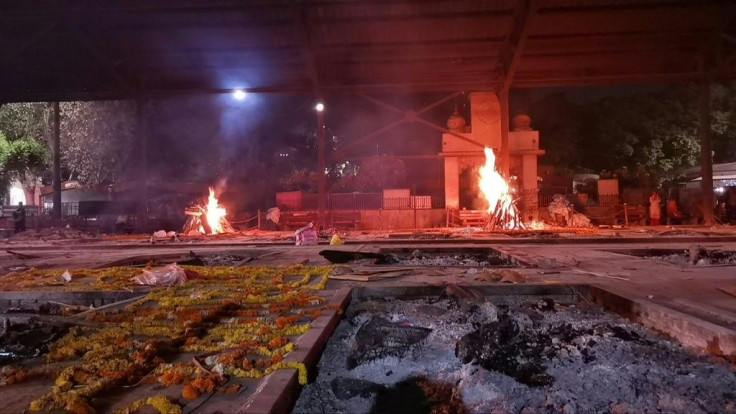
Other countries have closed their doors to India, fearing a new variant spreading quickly in the country. The United Arab Emirates on Thursday became the latest nation to impose restrictions, while Canada halted flights from both India and Pakistan.
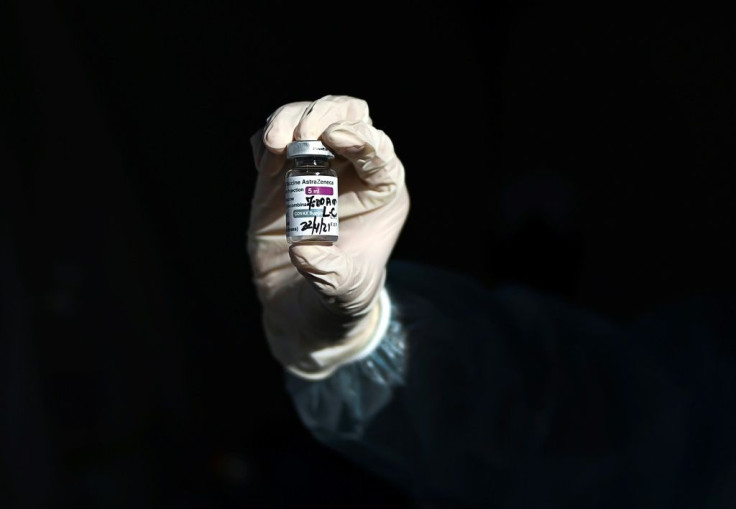
Many countries are seeing fresh waves of the virus despite vaccine programmes gaining ground.
Japan on Friday declared a state of emergency in Tokyo and three other regions, just three months before the country is supposed to host the Olympics.
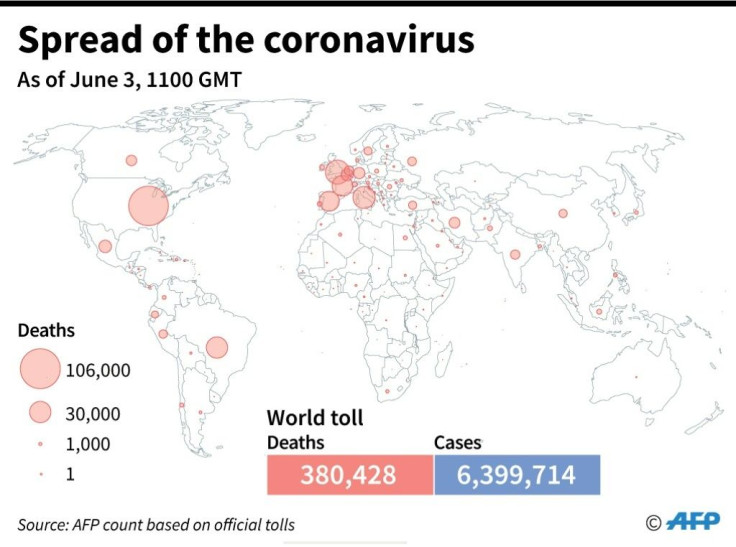
"Today we decided to declare a state of emergency in Tokyo, Kyoto, Osaka and Hyogo prefectures," Prime Minister Yoshihide Suga announced, citing the rise of infections involving new virus variants.
The country's minister for virus response, Yasutoshi Nishimura, earlier warned of a "strong sense of crisis," saying current restrictions were not sufficient.
The measure will run from April 25 to May 11, coinciding with the annual Golden Week holiday, Japan's busiest travel period.
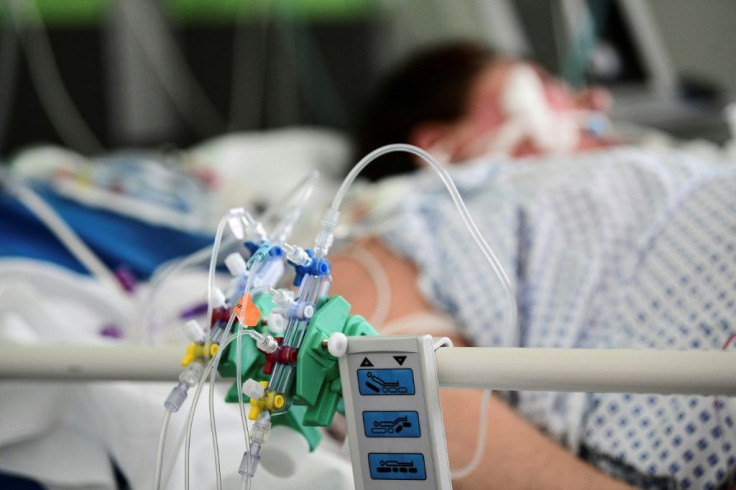
Authorities want bars and restaurants to stop selling alcohol or close, and to shutter major commercial facilities like malls.
Spectators will also be barred from sports events, which can continue behind closed doors, and remote working will be encouraged.
Governments were grappling with new surges elsewhere.
Russia announced Friday it would impose a 10-day non-working period at the beginning of May to stem the virus spread, a departure from the government's hands-off approach in recent months.
Russia has been hard-hit by Covid-19, with the Rosstat state statistics agency recording more than 224,000 virus-related deaths -- more than double the 107,501 that health officials reported as of Friday.
If correct, the Rosstat toll would mean Russia has the third-highest number of coronavirus deaths in the world, after the United States and Brazil.
Countries are now looking to vaccines as the road out of the pandemic, as populations tire of start-stop virus restrictions.
US health regulators agreed with a recommendation to resume vaccinations using the Johnson & Johnson jab because its potential risks for clotting were outweighed by its protection against the virus.
According to data presented Friday, of 3.9 million women in the United States who got the Johnson & Johnson shot, 15 developed serious blood clots and three died. Most of the patients were younger than 50. There were no reported cases among men.
Meanwhile, the EU said it would have enough vaccines for most of its adult population by the summer.
"I'm confident we will have enough doses to vaccinate 70 percent of all EU adults already in July," European Commission chief Ursula von der Leyen said.
Europe has been plagued by problems with vaccines, first failing to secure much-needed supplies and then relating to safety concerns, mainly around AstraZeneca's jab after links to blood clots emerged.
Meanwhile, New Zealand paused its newly opened travel bubble with Australia, after a Covid-19 case was confirmed in the larger nation.
The two largely coronavirus-free neighbors had opened their quarantine-free travel bubble on Sunday, almost 400 days after closing their borders.
The move had been hailed as a major milestone in restarting a global travel industry that has been crippled by the pandemic.
© Copyright AFP 2024. All rights reserved.



















